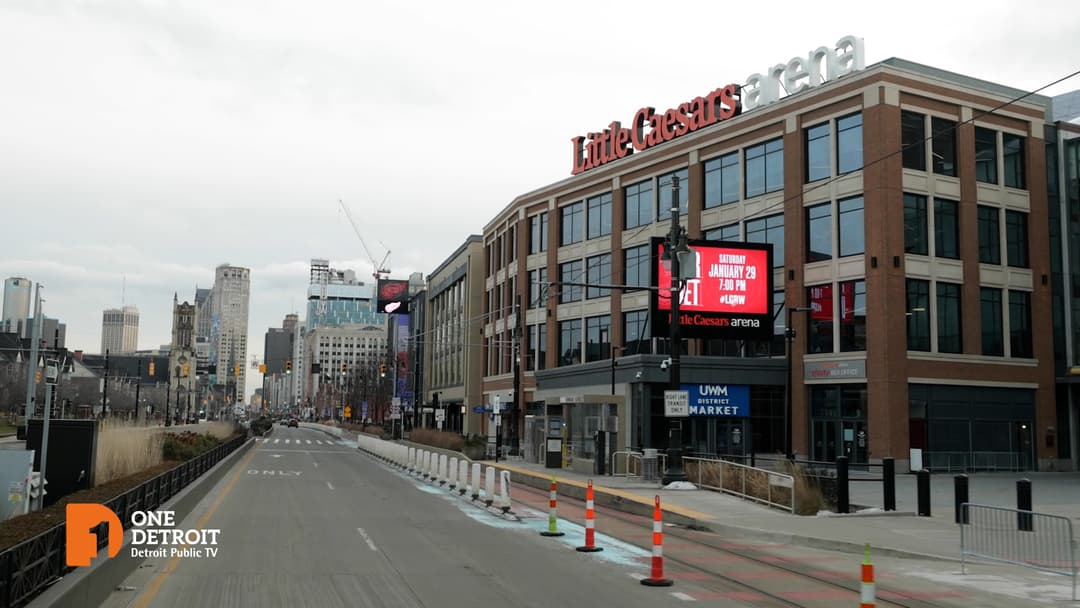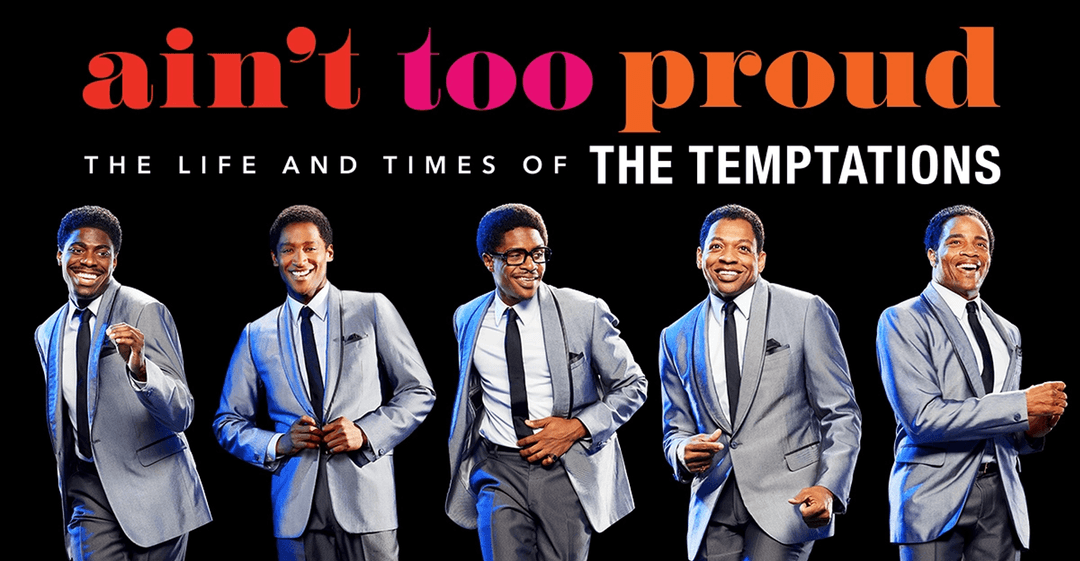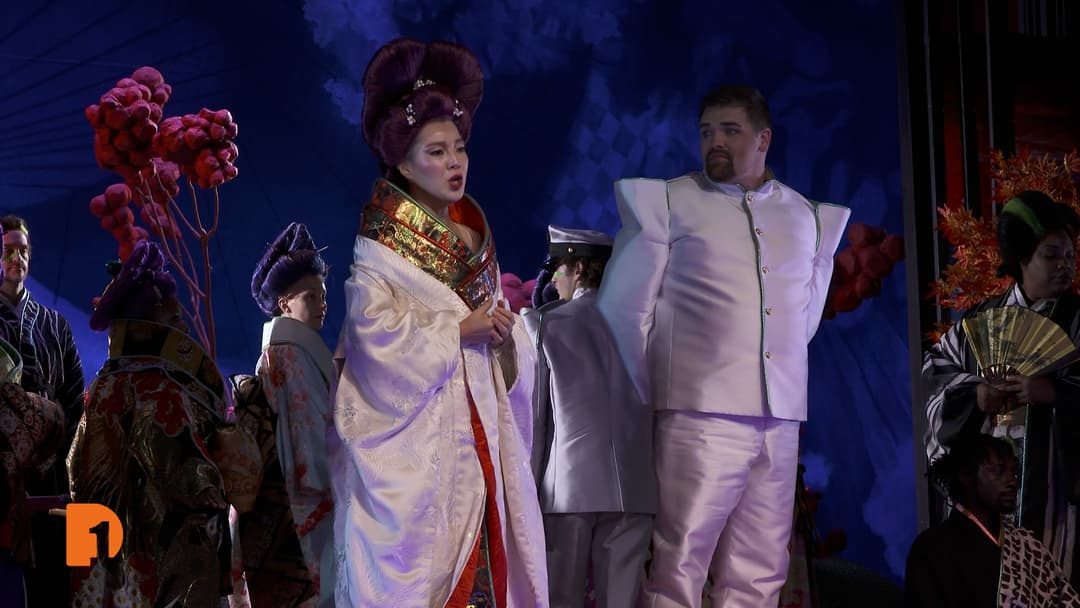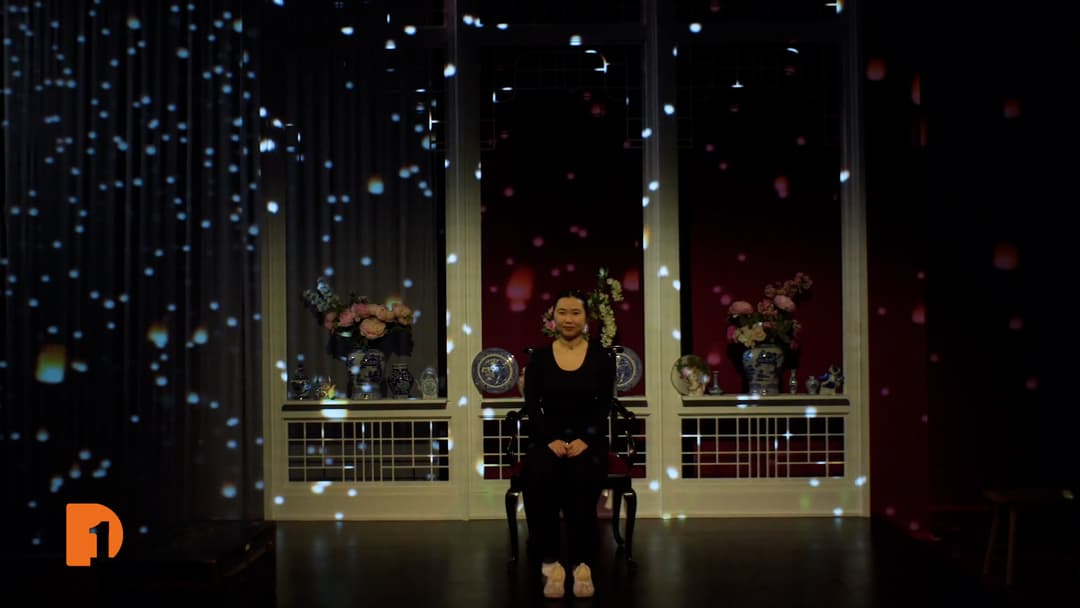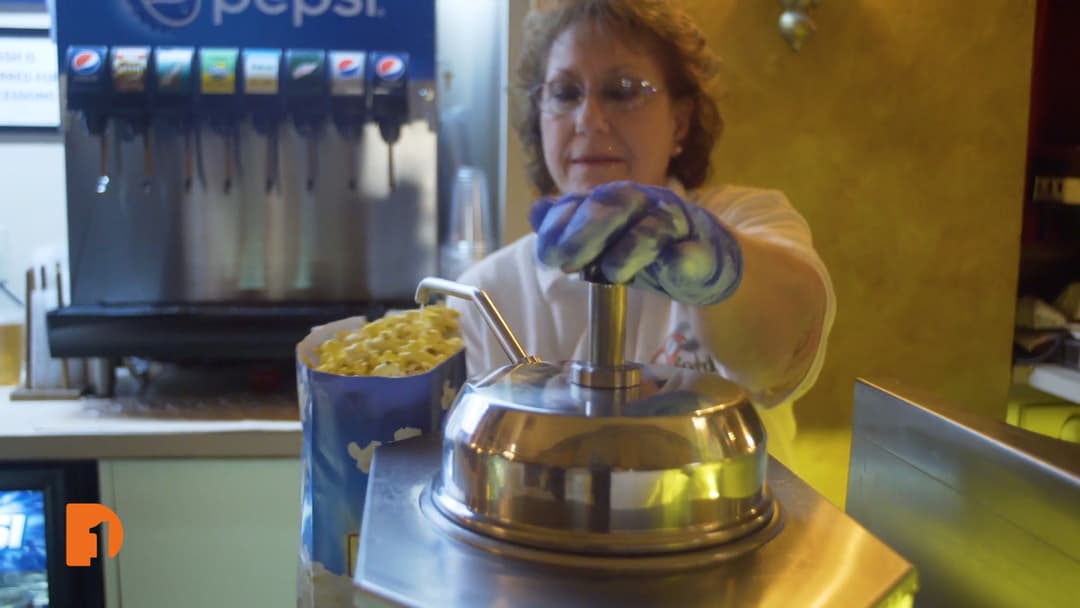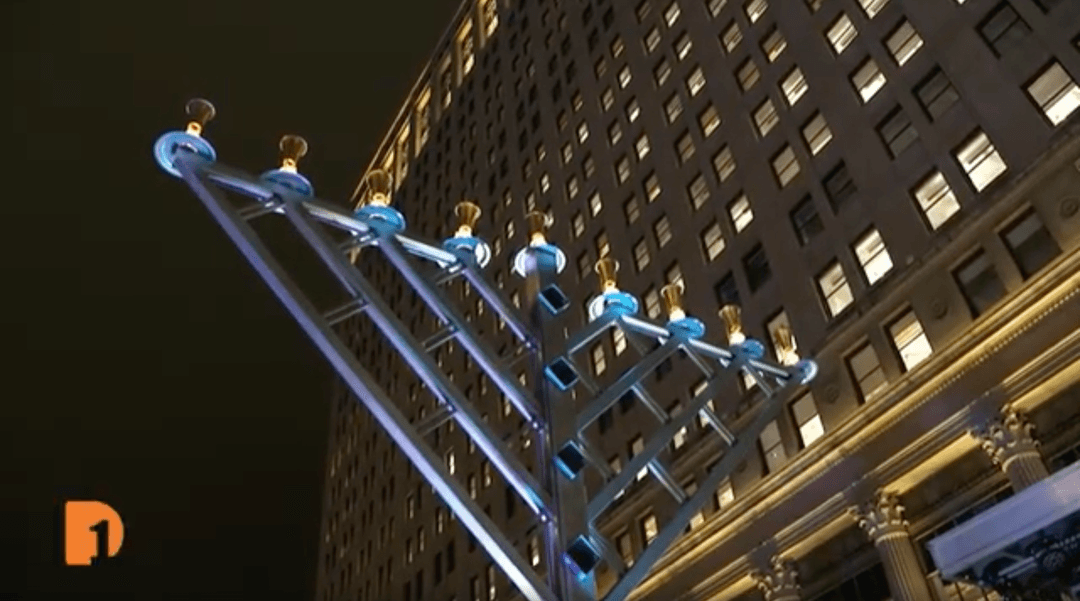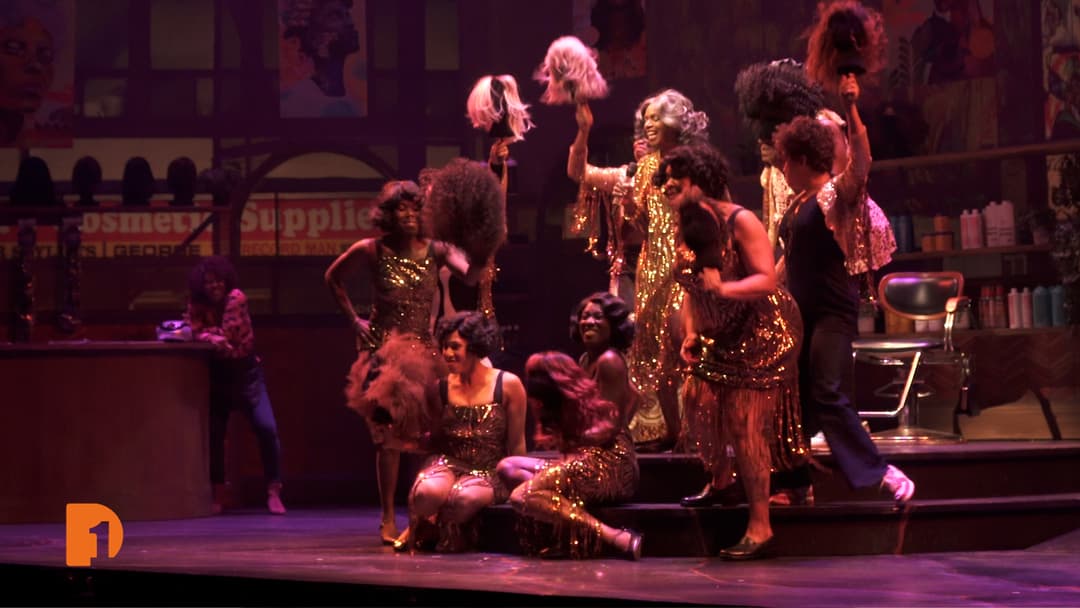Detroit Public Theatre presents Heather Raffo’s ‘Noura,’ an Iraqi American story of belonging
Dec 6, 2022
A new play by the Michigan-born and internationally renowned Iraqi American actor and playwright Heather Raffo has premiered as part of the Detroit Public Theatre’s eighth season and the theatre’s first season at its new, permanent home in Detroit.
Heather Raffo’s play, “Noura,” tells the story of an Iraqi American woman named Noura and her family after fleeing their home in Iraq eight years prior. But, as the family gears up for a festive Christmas dinner in their New York home, the arrival of an unexpected visitor causes Noura to retrace their past and confront what they’ve left behind. The play runs at the Detroit Public Theatre through Dec. 18, 2022.

One Detroit Arts & Culture producer Sarah Smith talked with Heather Raffo, who also acts as the lead role in “Noura,” actor Amanda Najor, who plays the character Maryam in the play, and Detroit Public Theatre Co-Founder and Producing Artistic Director Courtney Burkett about the production, its themes of family, marriage, motherhood and belonging, and the diverse story it tells. Plus, viewers can see snippets from a performance of the play.
Full Transcript:
Amanda Najor, “Maryam,” Noura: Theater really is a tool to create empathy. We’re telling stories not to an audience, but with an audience.
You see these stories that maybe you don’t know personally, but you can watch and say to yourself, “Oh, I know what that’s like.”
Courtney Burkett, Co-Founder & Producing Artistic Director, Detroit Public Theater: “Noura” is about an Iraqi family that has immigrated to the United States and are really examining kind of what it means to be Americans, what it means to be Iraqi-Americans, and they’re celebrating Christmas. And so, just like any family, as they come together to celebrate their Christmas, a lot of things start–feelings start coming out and a lot of things happen.
Heather Raffo is an internationally acclaimed playwright and performer whose work we have loved and admired for a long time. And so, this is a play that we wanted to produce for a long time, and the moment was finally right.
Heather Raffo, Playwright and “Noura,” Noura: What inspired me to write Noura was the convergence of many things. One being when ISIS overtook Mosul. And just that sense of, I had Iraqi family in Iraq through multiple wars for thousands of years, my family had been rooted there, but that felt like the last straw in a way. So, since that time and in the last ten years, I’ve had family now scattered in diaspora across the world. And Noura is hugely about family. It’s a refugee family living in America, living an immigrant life, but very attached to back home and questioning if they’re still Iraqi anymore. Once you leave and if you leave in a particularly heroine way, do you still have the root system?
Another inspiration was I had been working for four years with and Middle Eastern and Arab American community throughout New York City. The stories they told were ones of strength and resilience, but all of them felt torn between cultures. And the real pull between what America offers, which is a focus on rugged individualism, and what Middle Eastern culture offered, which was a focus on community. And we all kept saying in this workshop like, why isn’t there something a little bit more in between? And that’s a line that Noura says in the play is, “I need a country in between.” She wants something that can find the good of both and uplift that.
Amanda Najor: Heather Raffo is incredible. She is such an inspiration. What drew me to the play Noura, was the fact that it was such a great representation of my culture. I read her words when I was in Michigan and she was all the way in New York, and I couldn’t believe how seen I felt by a person I had never met before. So, I think she is just incredibly powerful and she has an amazing ability to draw people in with her empathy and creativity and warmth. And I think it does a great job of bringing awareness to the refugee crisis. And it also does a wonderful job preserving our culture.
“Noura” came here with her husband, Tareq, and their son, Yazan. Eight years ago, they live in New York City, and they’ve been sponsoring an Iraqi refugee named Maryam, who lives in California currently. And they’re going to fly her out for Christmas dinner. And their friend Rafa also lives in New York. I believe it sparks a lot of conversations about what it’s like to live here now and be an American and what they left behind from their past.
Heather Raffo: The play “Noura” honors the tremendous weight of leaving home in two ways. It it allows some of the characters in the play to want to leave home, to want a new life, to want to forget. And it allows other characters in the play to struggle with feeling like they have to forget and they have to move on. It allows for a feminist female central character to be the one who doesn’t want to have to move on, and yet realizes that she is being forced to, in a way, just for her own survival. And she gets to speak a monologue in the end that I would say the entire play was written in order to be able to speak this monologue in context.
Amanda Najor: I think all audiences can relate to what it feels like to search for a place to call home. There are so many moments, and Heather writes this beautifully, where we are fighting for love, and then we might have a moment where we lose the love, but then we recover and we try and find love again. And I think everyone has experienced moments like that.
Heather Raffo: I mean, I think what is most touching about this piece is the way this family navigates love. There is a really beautiful scene between Noura and her son, it just speaks volumes of how close this family is. There’s also an incredible scene between Noura and her best friend from childhood. He is Muslim and she’s Christian, and they are discussing both just what it was like growing up back home, how well they know each other, but also the divisions that feel like it’s shaping their older lives that didn’t used to be when they were young. And then there’s, of course, this incredible relationship between this married couple that has weathered so many things and finally begins to talk about some of their history. And I think that in each of those respects, audiences will feel like they are both getting to eavesdrop on very intimate moments in people’s lives, but also recognizing things very true to their own experiences.
Courtney Burkett: It’s a huge honor to be telling this story in the largest Arab-American community in the country. It was also really important to us that this cast in this community be Arab-American.
Heather Raffo: There’s a specificity to this cast in that, we have two Chaldeans in the cast playing Chaldeans. We have an Assyrian playing Chaldean. So, those are three Iraqi Christians playing Iraqi Christians. We also have Kal Naga, who is an Egyptian movie star, Muslim, playing the role of the Muslim best friend. It’s just, everybody is bringing their own cultural specificity and mixing that with how they see the characters. You know, we really got to experiment with this play in a really fresh and interesting way. And for that, I feel really fortunate.
Amanda Najor: I hope that the Iraqi-American community can come and see the show and see themselves in it. I want them to feel the way that I felt when I first read this play, that it felt like home. It felt like being seen.
Heather Raffo: As playwrights, well, I’ll just speak for myself, I bear my soul, I bear my heart. I say the bravest things I can possibly say. When I’m performing, I try to do my bravest work by embodying that. And all of that means that I would never tell anyone what to think of it. But I think that in this piece, if I did have a wish, it’s just that they go forth with their family, with a stranger, with their neighbor into a deeper conversation.
Stay Connected:
Subscribe to One Detroit’s YouTube Channel & Don’t miss One Detroit Mondays and Thursdays at 7:30 p.m. on Detroit PBS, WTVS-Channel 56.
Catch the daily conversations on our website, Facebook, Twitter @DPTVOneDetroit, and Instagram @One.Detroit
View Past Episodes >
Watch One Detroit every Monday and Thursday at 7:30 p.m. ET on Detroit Public TV on Detroit Public TV, WTVS-Channel 56.
Stay Connected
Subscribe to One Detroit’s YouTube Channel and don’t miss One Detroit on Thursdays at 7:30 p.m. and Sundays at 9 a.m. on Detroit PBS, WTVS-Channel 56.
Catch the daily conversations on our website, Facebook, Twitter @OneDetroit_PBS, and Instagram @One.Detroit
Related Posts
Leave a Reply
Your email address will not be published. Required fields are marked*







